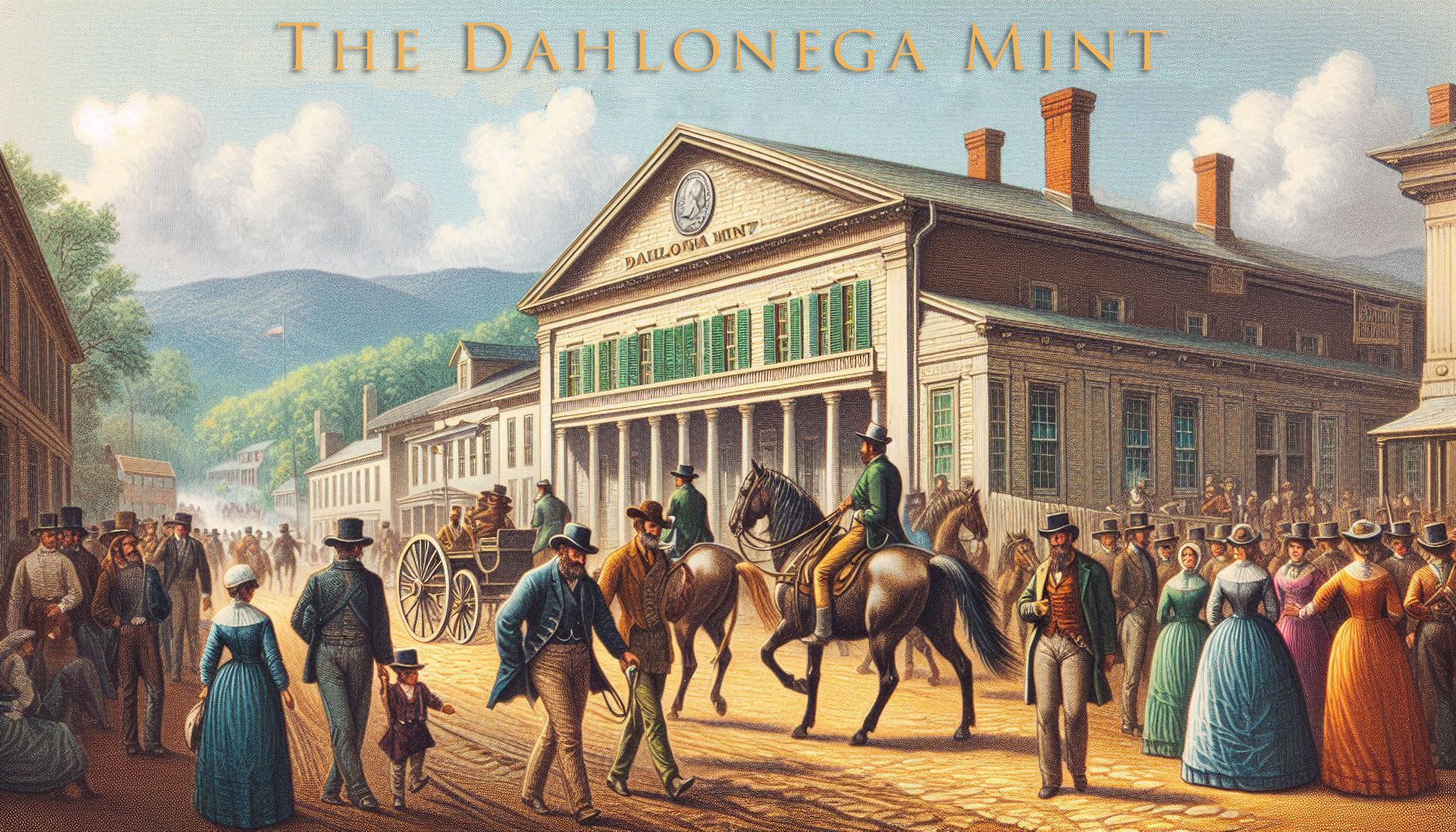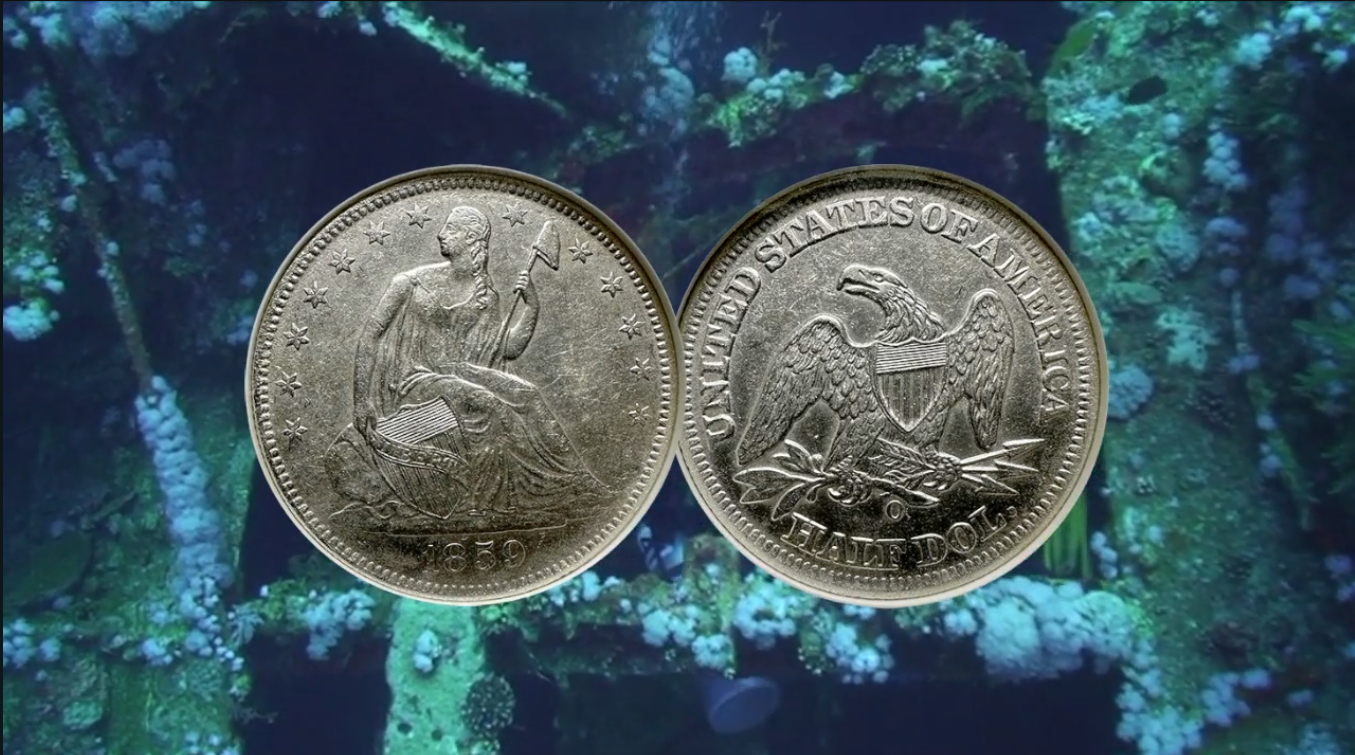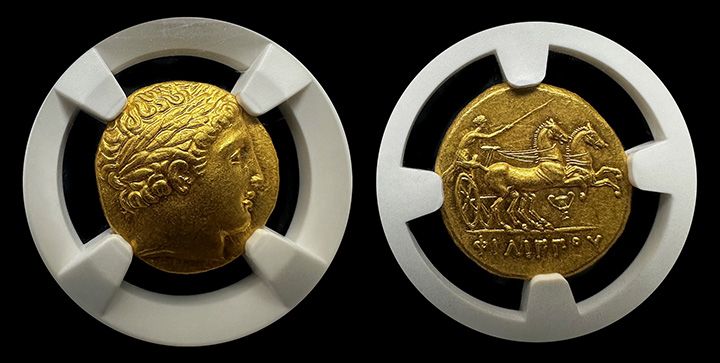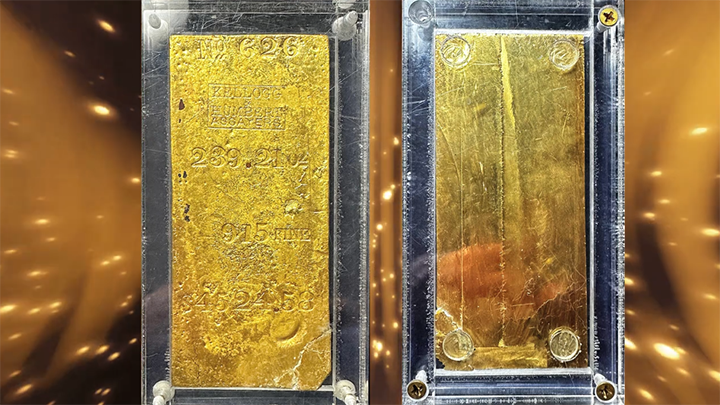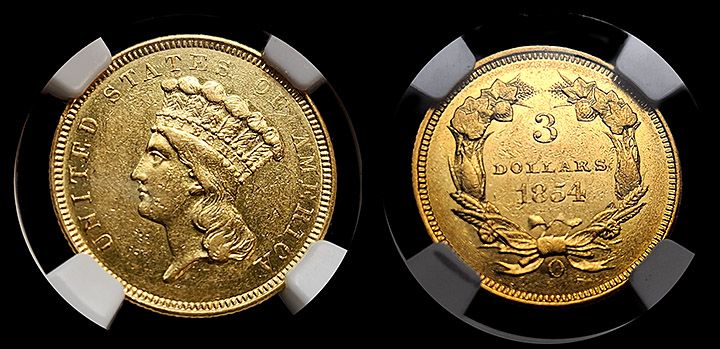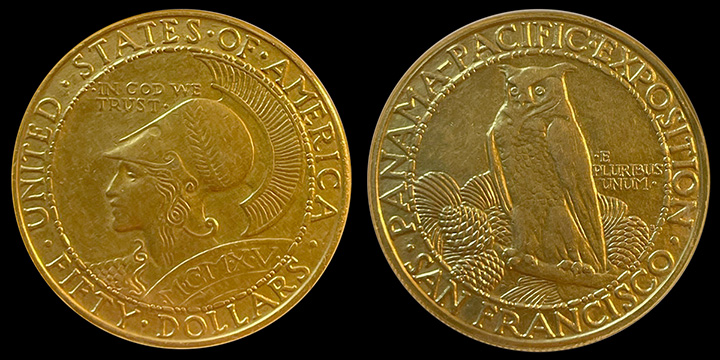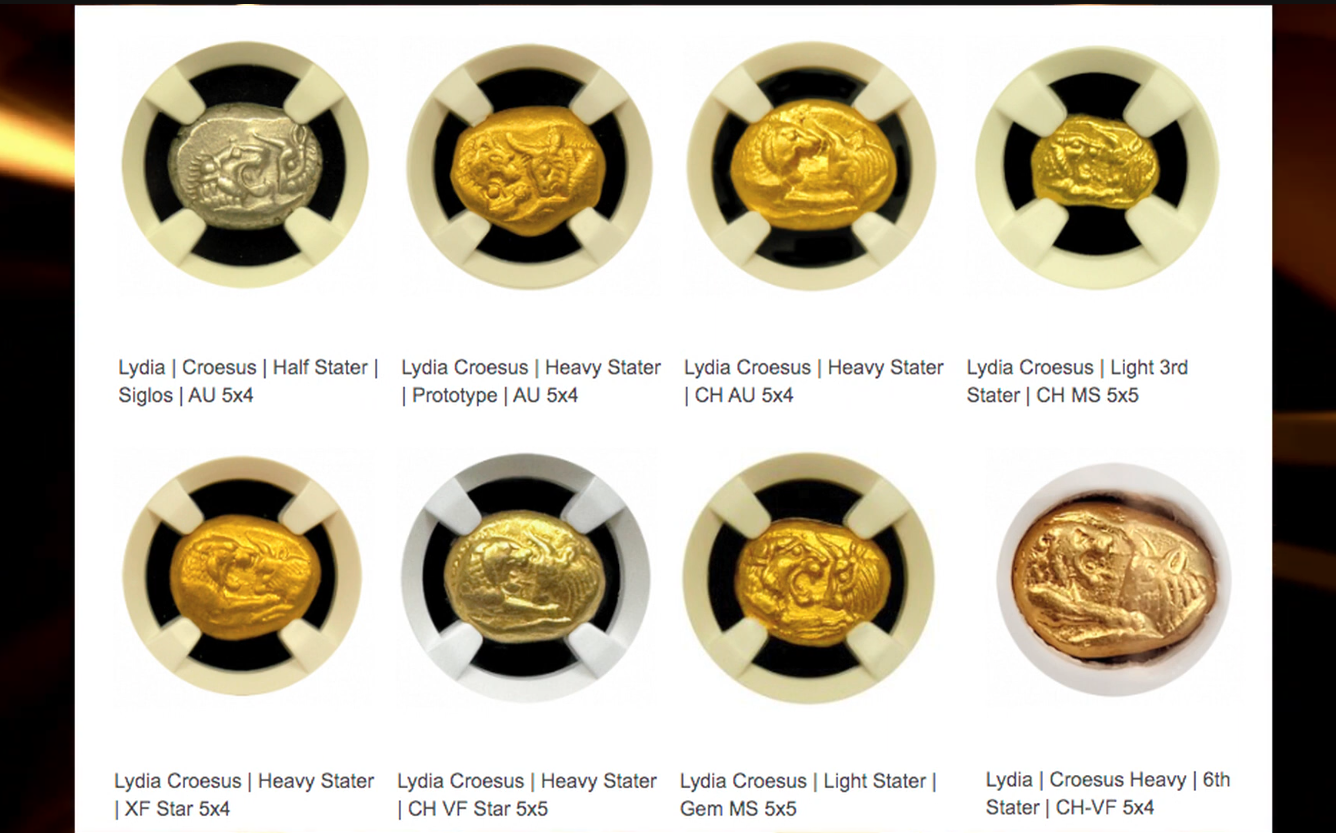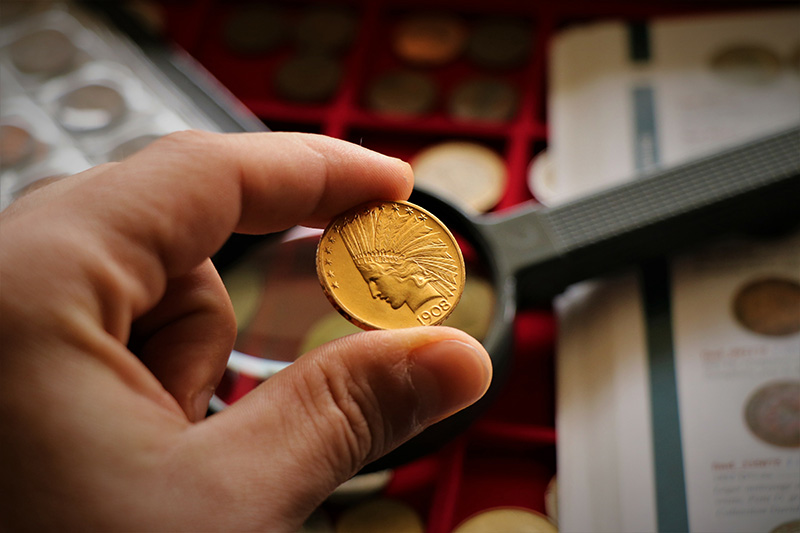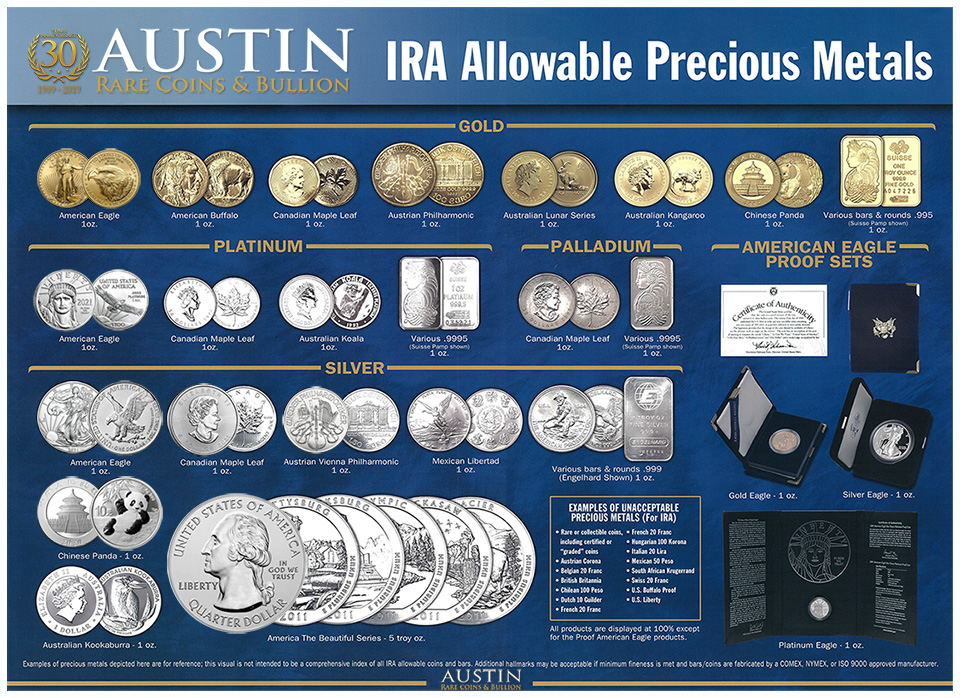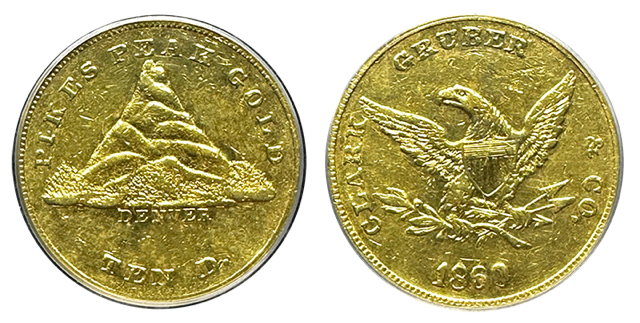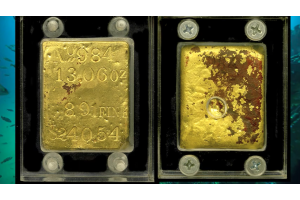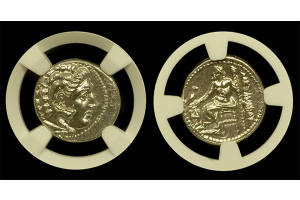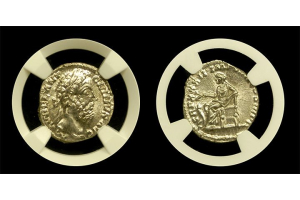Rare Gold Coins
- Posted: April 01, 2025Read more »
The Rich History of The Dahlonega Mint and Its Remarkable Coinage
The Dahlonega Mint played a crucial role in early American coinage. Established in 1838, it provided a way to turn Georgia’s gold into U.S. currency. During the 1840s, this mint struck some of the most sought-after gold coins in history. Today, these coins serve as a reminder of a fascinating era in American history.
The Discovery of Gold in Georgia
Gold was first discovered in Georgia in 1828. This event sparked America’s first major gold rush, a full two decades before California’s. Miners
- Posted: February 27, 2025Read more »
The SS Republic’s story is about tragedy, discovery, and numismatic wonder. This Civil War-era steamship, lost in 1865 off the coast of Georgia, carried a fortune in gold and silver coins. Among its treasures were half-dollar silver, remarkably preserved despite spending more than a century beneath the ocean. A Shipwreck’s Silver Treasure—these coins link to America's past. Furthermore, it reflects the artistry, commerce, and resilience of the mid-19th century.
The Fateful Journey of the SS Republic
The SS Republic left New York on October 18, 1865. Its destination was New Orleans, carrying
- Posted: September 14, 2024Read more »
Early Life and the Division of the Empire
Philip II of Macedonia, the father of Alexander the Great, was one of the most influential figures in ancient history. His rise to power reshaped the region, and his leadership laid the foundation for a powerful Macedonian state. This blog will explore how he came to power, his key accomplishments, the challenges Macedonia faced during his reign, what eventually happened to him, and how he is remembered today.
How Philip II Came to Power
Born in 382 BC, Philip II was the youngest son of King Amyntas III. Political chaos shaped his early life as Macedonia faced external threats and internal instability. After the death of his brother, King
- Posted: July 01, 2024Read more »
Introduction
The SS Central America, also known as the "Ship of Gold," sank in 1857. The shipwreck carried massive gold lost during the California Gold Rush. Additionally, large Kellogg & Humbert gold ingots were among the treasures recovered. Obviously, these large gold bars were so big that they would cost over a half-million dollars based on the gold content alone. Therefore, the remarkable gold bar faceplate weighing 17 ounces was cut off to be more affordable. The original gold bar, produced by Kellogg and Humbert, weighed over 239 ounces.
The SS Central America Shipwreck
The SS Central America sank in a hurricane off the coast of the Carolinas. The ship was en route from Panama to New
- Posted: June 07, 2024Read more »
The enigmatic $3 Indian Princess coin, minted by the United States from 1854 to 1889, is a numismatic gem. Especially because of its rarity and beauty and the fascinating story behind its creation and circulation. Chiefly, the coin itself is a piece of art. At the same time, the tale of its inception embodies a deeper understanding of its significance in American history.
The Economic Context: A Nation in Flux
The mid-19th century was a period of significant economic and territorial expansion for the United States. Moreover, the discovery of gold in California in 1848 set off the Gold Rush. Basically, the increase in gold flooded the economy with gold and prompted new considerations for coinage. During this time, the U.S. government
- Posted: April 19, 2024Read more »
Opening of the Panama Canal:
In 1915, the vibrant city of San Francisco hosted the Panama-Pacific Exposition. Furthermore, it was a grand celebration marking the opening of the Panama Canal. This monumental event drew millions of visitors from across the globe. Basically, everyone was eager to witness the marvels of modern engineering and celebrate the spirit of progress.
The exposition showcased the latest advancements in technology, industry, and the arts. Moreover, it offered visitors a glimpse into the possibilities of the future. Visitors were treated to a glimpse into the boundless possibilities of the future. Additionally, they marveled at the innovative displays and cutting-edge inventions on offer.
Transcending mere spectacle, the exposition served as a symbol of unity and international cooperation.
- Posted: February 16, 2024Read more »
Introduction:
In the annals of history, the Lydian Empire stands as a beacon of innovation and prosperity. Situated in modern-day Turkey, this ancient civilization played a pivotal role in shaping the course of human civilization. Among their numerous achievements, perhaps their most enduring legacy is the introduction of coinage – a revolutionary concept. Chiefly, transforming economies and societies across the ancient world. In this comprehensive exploration of the Lydian Empire, we delve into the fascinating history of the Lydian Empire. Surprisingly, uncovering its rise to prominence and pioneering role in the creation of gold coins.
- Posted: January 26, 2024Categories: Electrum Coins, Rare US Coins, Rare Gold Coins, Egyptian Empire, Alexander the Great, Rare World Coins, Rare Silver Coins, Shipwreck Coins, Medieval Coins, Ancient Persian Coins, Ancient Roman Coins, Silver Reales, Ancient Coins, Gold Escudos, Macedonian Empire, Ancient Greek Coins, Byzantine Empire, US Bronze Medal, Platinum Coins, World Gold Coins, Gold and Silver Bullion, Lydian Empire, Ancient Silver Coins, Ancient Egyptian EmpireRead more »
Introduction: A Guide to Building Your Unique Treasure
In the world of rare coin collecting, enthusiasts are captivated by history and welcome tips on collecting rare coins. Museums, such as the American Numismatic Association Money Museum, showcase extraordinary collections. The Smithsonian National Numismatic Collection and the British Museum contribute to our appreciation of rare coins, emphasizing their historical significance.
The allure of rare coins extends beyond museum walls. Auction houses and private collectors frequently make these numismatic treasures available for sale. Rare coin collecting is not just a cultural and historical journey; it's also an opportunity for financial gain. Rare collections, featuring sought-after coins, can
- Posted: January 14, 2024Read more »
Embarking on the journey of building a secure financial future through Precious Metals IRAs is a prudent choice. However, it's essential to navigate the specific guidelines governing these investment vehicles. While the allure of rare coins is undeniable, the Internal Revenue Service (IRS) has established stringent criteria for inclusion in Precious Metals IRAs. Consequently, rare coins aren't allowed in your precious metals IRA.
In this exploration, we uncover the reasons why rare coins aren't allowed in your precious metals IRA. Even though rare coins have historical significance and collectible appeal, they find themselves on the sidelines of tax-advantaged retirement accounts. Understanding the rationale behind the exclusion is important.
- Posted: October 24, 2023Read more »
The 19th-century gold rush in the United States was an exhilarating era of opportunity. Especially, as it attracted individuals from diverse backgrounds to the goldfields in pursuit of their fortunes. During this period, Colorado played a pivotal role in the quest for gold, especially during the 1860 Pikes Peak Gold Rush. Amid this tumultuous time, one company particularly distinguished itself - Clark Gruber & Company. This article delves into the captivating history of Clark Gruber & Company during the 19th-century gold rush. Furthermore, it explores their distinctive coinage and the factors contributing to the relatively brief duration of their coinage enterprise.
Pikes Peak Gold Rush: A Golden Discovery
The story of Clark Gruber & Company is inextricably




